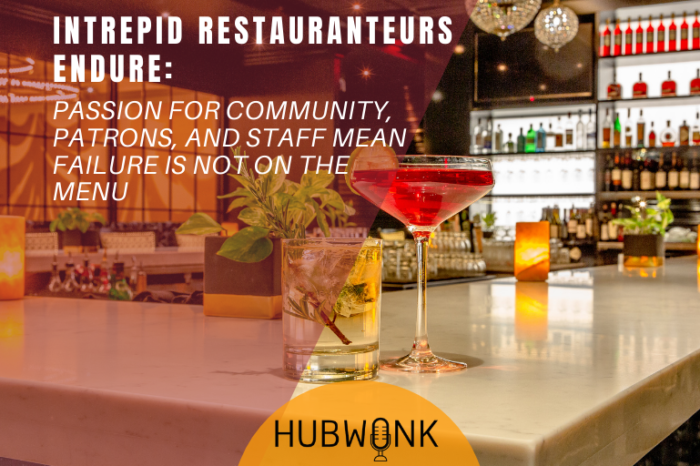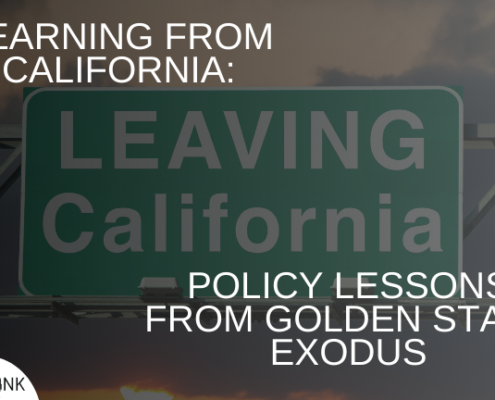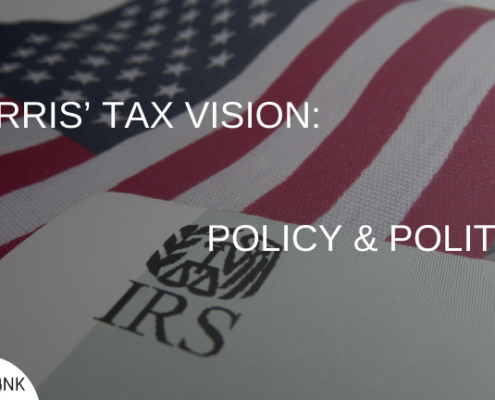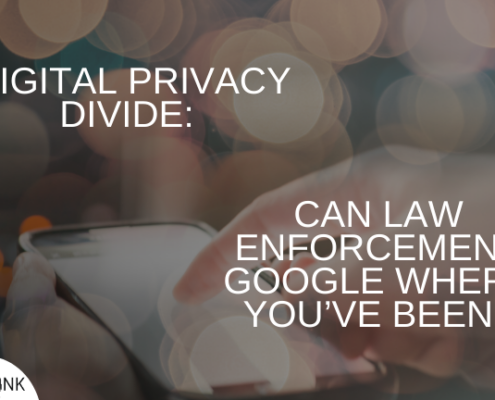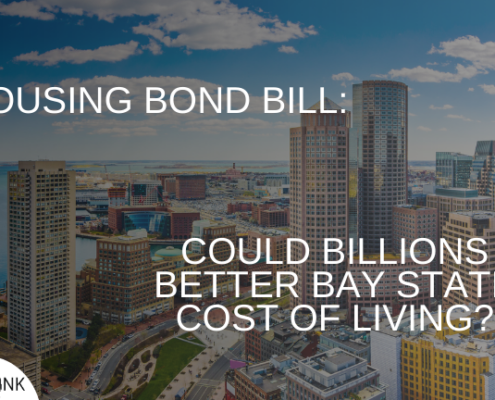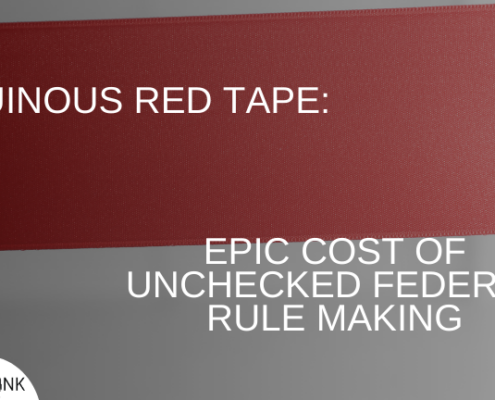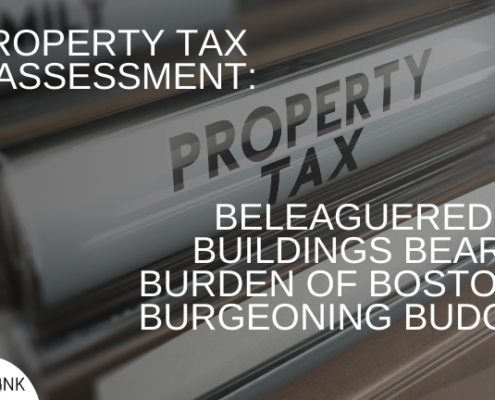Intrepid Restauranteurs Endure: Passion for Community, Patrons, and Staff Mean Failure is Not on the Menu
Host Joe Selvaggi talks with Massachusetts Restaurant Association President and CEO Bob Luz about the devastating effects of the pandemic and lockdowns on restaurants. They discuss the industry’s creative strategy for survival, plans for reaching beyond the crisis, and the many positive improvements for this vital sector that employs 10% of the workforce in the commonwealth.
Guest:
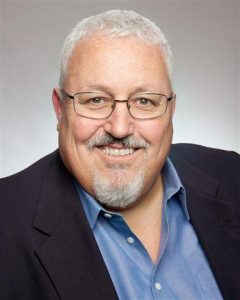
Bob Luz is President and CEO of the Massachusetts Restaurant Association. Previously, he served as chief human resource officer of American Blue Ribbon Holdings, LLC. He began his career at Stouffers, in human resources and training, then became vice president of human resources at the Kansas City headquarters of Applebee’s Neighborhood Grill & Bar. Later, Luz joined the Ninety Nine Restaurants as executive vice president of human resources and a member of the executive team. When O’Charley’s, Inc. acquired Ninety Nine Restaurants in 2003, Luz was named chief human resources officer, and later was promoted to chief human resource officer for all of the company’s brands. Luz is a graduate of the University of Massachusetts, with a degree in hospitality management.
Get new episodes of Hubwonk in your inbox!
Browse Recent Posts

